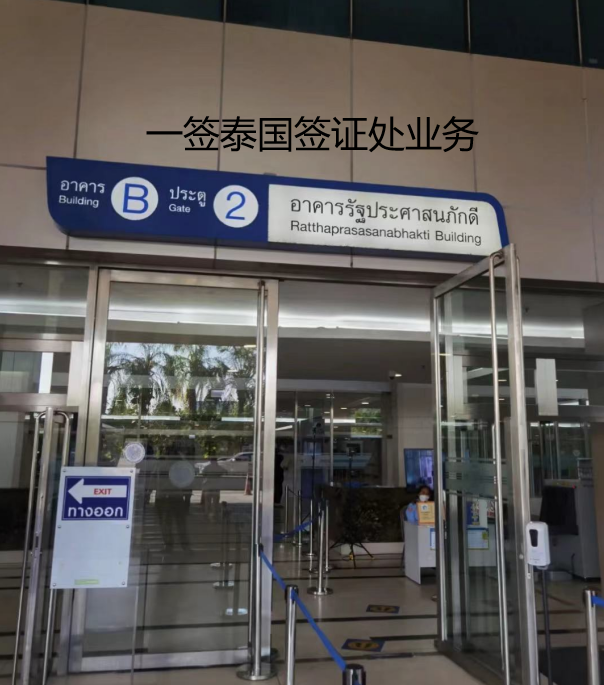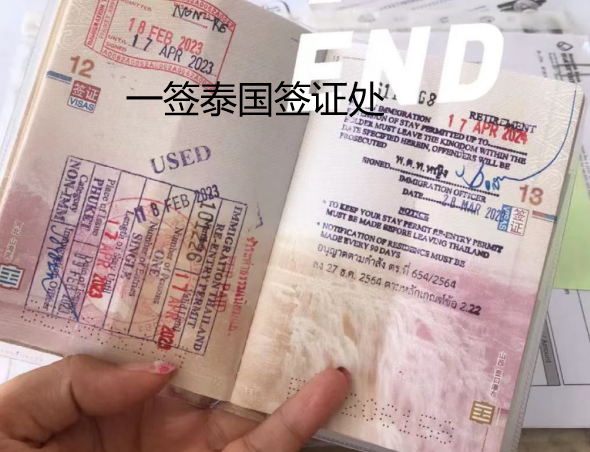Unveiling the Pros and Cons of Thai Work Visas: Costs and Everything You Need to Know
- 签证材料
- 2024-11-27
- 51

Overview of Thailand Work Visa: A Detailed Analysis of its Pros and Cons
Thailand, with its pulsating economy, breathtaking landscapes, and profound cultural heritage, has emerged as a prime destination for foreign job seekers. However, the path to obtaining a Thailand work visa is paved with both enticing benefits and potential drawbacks. This article delves into the advantages and disadvantages of working in Thailand, offering a comprehensive guide for prospective expatriates to make well-informed choices.
The Advantages of a Thailand Work Visa
One of the most appealing aspects of a Thailand work visa is the significantly lower cost of living compared to Western nations. This is particularly evident in housing, food, and transportation expenses. Moreover, Thailand is witnessing a robust job market, with sectors like tourism, technology, education, and manufacturing experiencing rapid growth. The country's high quality of life, which includes modern amenities, superior healthcare facilities, and a delightful tropical climate, further enhances its allure. For expatriates, Thailand serves as a strategic gateway to explore the vibrant cultures of Southeast Asia, offering a base for exciting adventures.
The Disadvantages of a Thailand Work Visa
While the benefits are clear, there are several challenges to be aware of. The process of acquiring a work visa can be protracted and intricate, often necessitating sponsorship from an employer and navigating through bureaucratic hurdles. This can be disheartening for newcomers. Furthermore, work visas are typically contingent upon employment, implying that job loss could result in the necessity of departure from the country. There are also restrictions on certain industries for foreign workers, and the competition for positions can be fierce, particularly in sought-after fields.
Additional Insights
It is important to note that the Thailand work visa also offers opportunities for career development and personal growth. The diverse work environment, coupled with the country's emphasis on adaptability and resilience, can be a fertile ground for career advancement. Additionally, the multicultural setting of Thailand fosters a rich exchange of ideas and experiences, which can be invaluable for personal development.
Furthermore, the visa process in Thailand is continuously evolving to adapt to the changing global landscape. This means that potential expatriates should stay informed about the latest regulations and requirements to ensure a smooth transition into the Thai workforce.
In conclusion, while the decision to work in Thailand is fraught with challenges, the rewards, particularly in terms of cost of living and quality of life, can be substantial. Potential expatriates must weigh the pros and cons meticulously and be prepared to embrace the unique challenges and rich rewards that Thailand offers.Conclusion
Working in Thailand can indeed be a fulfilling experience for those who are ready to navigate the complexities of the visa process and adapt to the local job market's intricacies. The attractive cost of living and high quality of life present a compelling proposition, yet the limitations on job opportunities and the dependency on employment status must be carefully considered. For those willing to engage with Thailand's distinctive culture and overcome its unique challenges, the rewards can be substantial and deeply enriching.
声明:本网站文章部分来源网络,版权归属原作者,部分文章推送时未能及时与原作者取得联系,若来源标注错误或侵犯到您的权益烦请告知邮箱:256 231 235 @qq.com,我们将立即删除!
本文链接:http://www.mlqz7777.com/qz237177.html














发表评论